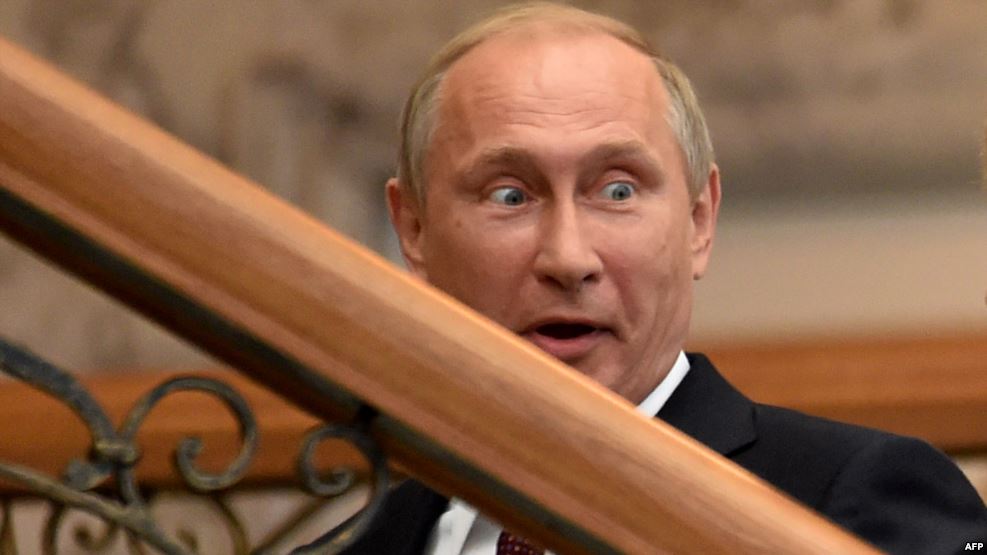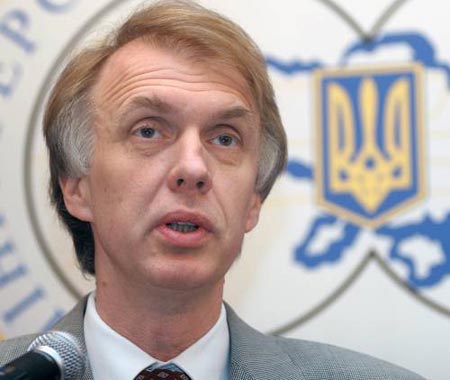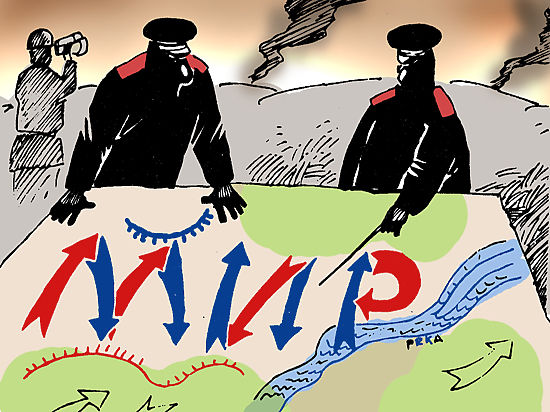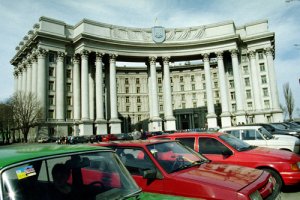The day after the dismissal of Mikhail Zubarov, Russia’s ambassador to Ukraine, the committees of the State Duma and the Federation Council of the Russian Federation cheerfully began to discuss the candidacy of the potential new head of the Russian diplomatic mission in Ukraine. The deputies did not even try to hide the name of their new ambassador — Mikhail Babich, a former paratrooper and the presidential envoy of the Volga Federal District.
Moreover, Putin’s press secretary Dmitry Peskov stated that Russia had sent the agrément (diplomatic term for the acceptance of the nomination of an ambassador by the government of the host country — Ed.) to Ukraine, in other words the request for consent to the appointment of Babich. Pesko admitted that he did not know if the consent had been granted and stated that the approval procedure was “in process.”
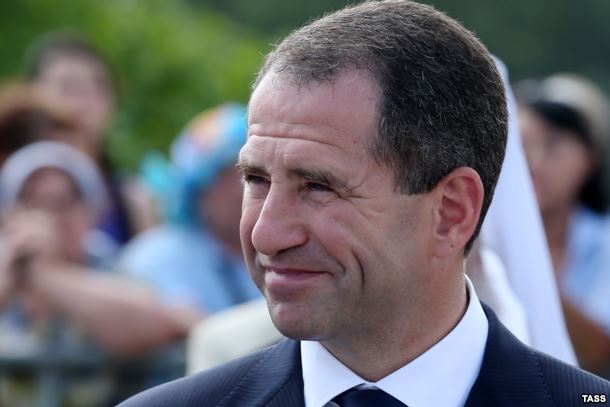
Out of curiosity you can review all previous statements by Dmitry Peskov to see if Putin’s press secretary ever told journalists about the appointment of any ambassador before the corresponding decree had been signed by the president. And the decree can be signed only after receiving agreement from the other party. This is because such an agreement is the subject of mutual dialogue. No one rushes to disclose the name of the head of a diplomatic mission and does not appoint an ambassador within a 24-hour period. I just barely remembered a similar situation when the USSR president Mikhail Gorbachev was looking hastily for a post for the foreign minister Boris Pankin. Pankin, one of the few Soviet diplomats who had refused to support the State Committee on the State of Emergency (group of hard-line government officials who tried to take control of the USSR from Soviet president Mikhail Gorbachev in August 1991 during the so-called August Putsch — Ed.) and was appointed minister after the failure of the coup, had to cede his post as head of the diplomatic ministry during the last days of the USSR to Gorbachev’s ally Eduard Shevardnadze. And Gorbachev had decided to send the former foreign minister as ambassador to London. But before announcing his decision, Gorbachev phoned John Major, the prime minister of Great Britain, and secured his public consent. In public! And the USSR was not at war with Great Britain and Pankin was a diplomat with extensive experience, not a security operative who is unaware of the existence of diplomacy.
What is happening now is not the appointment of an ambassador. It is the humiliation of Ukraine. If the Ukrainian side agrees to the candidacy that was publicly disclosed by the Kremlin before receiving the consent of Kyiv, it will thereby demonstrate that despite the war and the occupation of parts of Ukrainian territory, we remain a “Soviet republic,” where any governor-general can be sent. And if we do not agree, we will demonstrate our “disrespect” for Moscow’s desire to establish the “effective work” of the diplomatic mission. Simply put, to turn it into a subversive center that those close to Putin’s aide Vladislav Surkov have publicly discussed as being necessary.
I think the second option is preferable. If Moscow does not wish to have a Russian ambassador in Kyiv, just as there is no Ukrainian ambassador in Moscow, it is its choice. But Ukraine is not a “banana republic” that can simply be informed what ambassador has been selected for it in the Kremlin. Anyway those days in international law have ended long ago.
Mikhail Babich needs to remain at home.




